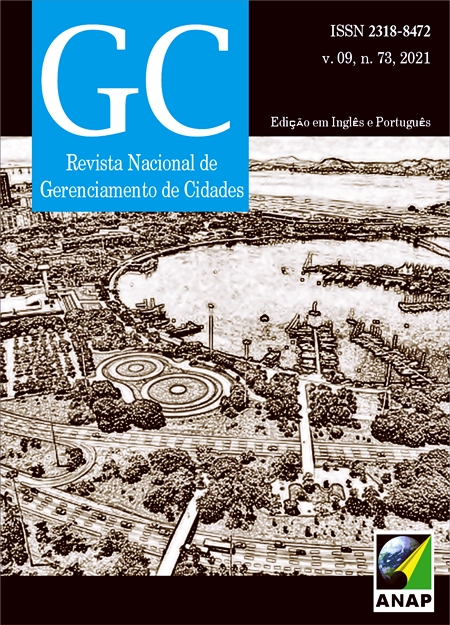Subjective perceptions of students and teachers to environmental noise in public schools
DOI:
https://doi.org/10.17271/2318847297320213012Palavras-chave:
Room acoustics. Reverberation Time. Acoustic quality. Questionnaires.Resumo
Formal education takes place in the classroom, where learning involves intensive verbal communication between teachers and students. Therefore, classrooms must offer the necessary conditions for good teaching and learning activities, especially teacher-student communication. It is in this context that the importance of classroom acoustics is highlighted. Therefore, this work aimed to evaluate the acoustic quality in two classrooms. To this end, the perception of teachers and students about the noise inside and outside the classroom was investigated through questionnaires. Then, the background noise levels and the reverberation time values inside the classrooms were evaluated in situ. These results were compared with the assessment of the subjective perception of the questionnaires. The levels of background noise found in classrooms were above what NBR 10152 recommends. The subjective assessment showed that students and teachers perceive the noise in classrooms and consider them bothersome. According to the teachers, noise is a factor that negatively affects teaching. In conclusion, the results obtained in this work show the lack of acoustic comfort in classrooms and highlight the need for interventions.















